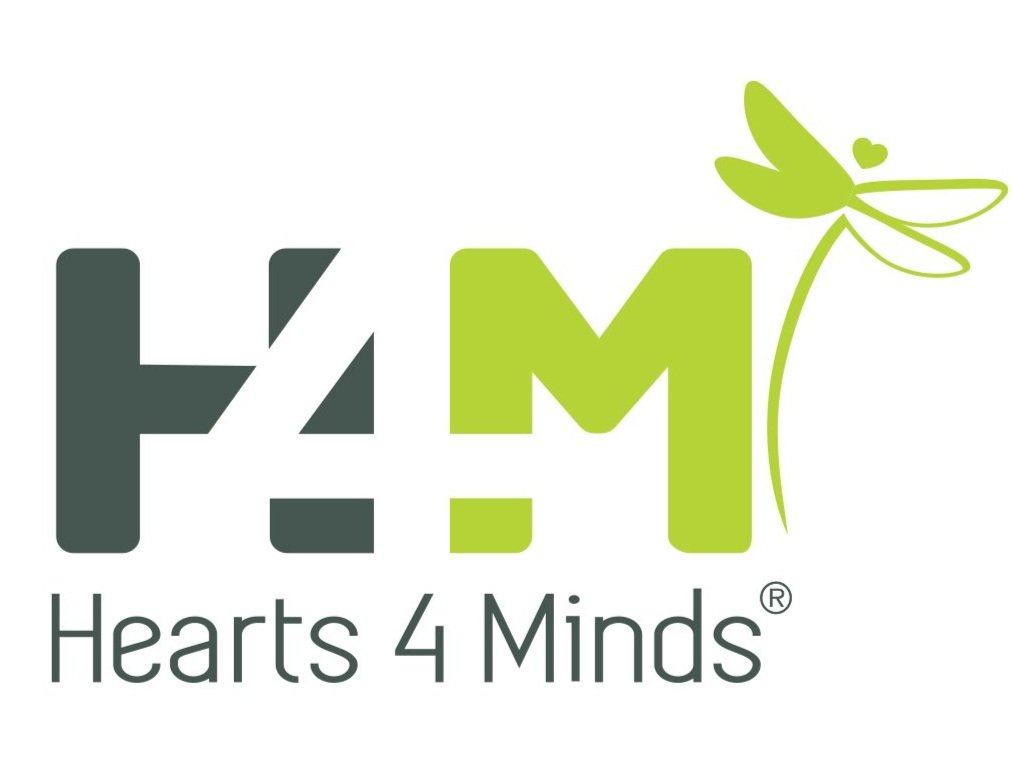Oppositional Defiant Disorder (ODD)
What is Oppositional Defiant Disorder?
ppositional Defiant Disorder (ODD) is a behavioral condition where children or adolescents display ongoing patterns of angry, irritable moods, argumentative behavior, and defiance toward authority figures. While occasional oppositional behavior is common in childhood, ODD is more severe, persistent, and interferes with daily functioning at home, school, or in relationships.
It is classified under Disruptive, Impulse-Control, and Conduct Disorders in the DSM-5.
Symptoms and Patterns
-
Children with ODD often have repeated episodes of intense anger or frustration. These outbursts can occur over minor issues and may seem disproportionate to the situation.
-
Kids with ODD may quickly feel irritated or frustrated by others. They can appear sensitive to criticism and often react strongly to everyday situations.
-
May frequently challenge rules, question instructions, or openly argue with parents, teachers, or other authority figures.
-
At least twice in the past six months, children may act with revenge or malice toward others. This behavior can be a response to perceived slights or frustrations.
WHAT TREATMENTS ARE AVAILABLE?
PARENT MANAGEMENT TRAINING (PMT)
PMT teaches caregivers strategies to manage misbehavior effectively and encourage positive behavior. Techniques include consistent routines, clear rules, and using reinforcement rather than punishment.
COGNITIVE BEHAVIORAL THERAPY (CBT)
CBT helps children recognize and change negative thought patterns that contribute to defiant behavior. It also teaches anger management, problem-solving, and coping skills.
FAMILY THERAPY
Family therapy improves communication and reduces conflict within the home. It helps all family members work together to create a supportive environment.
SOCIAL SKILLS TRAINING
Structured programs help children develop cooperation, empathy, and positive peer interactions. These skills support better relationships at school and in the community.
SCHOOL-BASED INTERVENTIONS
Schools can provide structured support for classroom behavior and learning needs. Strategies include behavioral plans, classroom accommodations, and collaboration with teachers and counselors.
MEDICATION
There are no medications specifically for ODD. However, doctors may prescribe stimulants, antidepressants, or mood stabilizers if ODD co-occurs with ADHD, depression, or other conditions. Medication helps manage related symptoms but is most effective when combined with therapy.
SELF-MANAGEMENT
Advocating for accommodations in school or work settings. Establish consistent routines and clear rules at home
Use positive reinforcement rather than punishment
Teach and model calm conflict resolution
Encourage healthy outlets such as sports, art, or hobbies
Support connections with positive role models and peers
HOW DO I GET HELP?
BECOME AN EXPERT
Learn about ODD, its symptoms, and effective strategies for children and families. Trusted sources such as the American Academy of Child and Adolescent Psychiatry (AACAP) provide evidence-based guidance.
KNOW YOUR CHILD’S STRENGTHS AND CHALLENGES
Observe situations that trigger defiance and notice areas where your child succeeds. Understanding patterns helps tailor interventions, supports, and behavioral strategies effectively.
PARTNER WITH PROFESSIONALS
Work with pediatricians, child psychologists, psychiatrists, and school staff to develop a comprehensive plan. Open communication and collaboration help ensure strategies are consistent across home, school, and therapy settings.
SUPPORT HEALTH AND WELL-BEING
Healthy routines including sufficient sleep, balanced nutrition, and physical activity can reduce emotional reactivity. Mindfulness, relaxation exercises, and structured daily routines also support overall well-being.
ADVOCATE FOR YOUR CHILD
Seek school supports or behavioral programs designed for children with disruptive behavior. Parent support groups can offer practical strategies, shared experiences, and encouragement throughout the treatment process.
